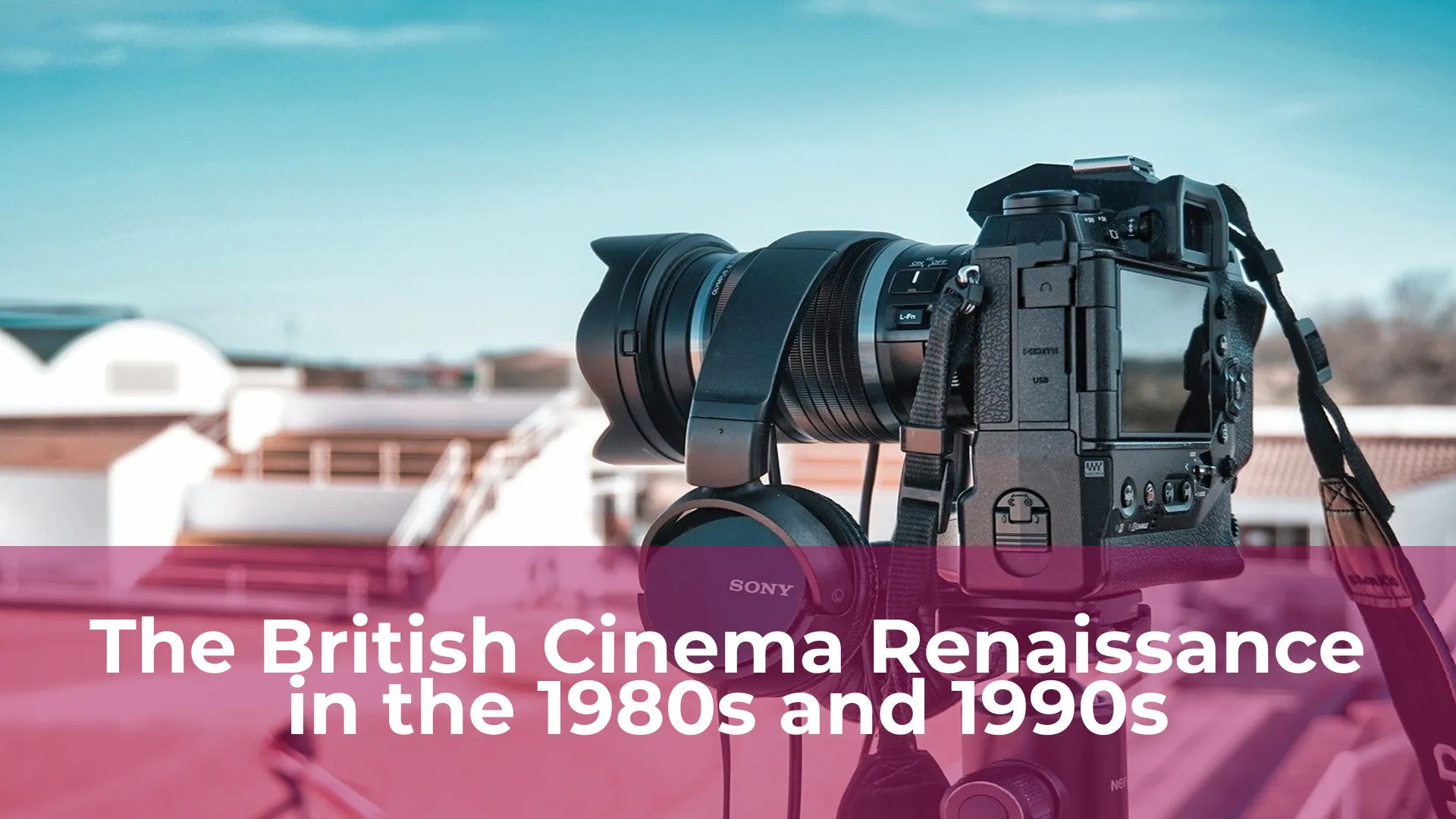The British cinema industry in the 1980s and 1990s underwent a renaissance, with a plethora of talented directors, writers and actors emerging on the scene. This period saw the rise of independent filmmakers, many of whom went on to become major players in the industry. Films such as “My Beautiful Laundrette” (1985), “Withnail and I” (1987) and “Trainspotting” (1996) captured the zeitgeist of the era, tackling issues such as race, class and sexuality in new and refreshing ways.
These films were marked by their gritty realism, often depicting working-class life in bleak urban settings. However, they also possessed a distinctively British sense of humor, with many of them offering a satirical take on contemporary society. The emergence of this new wave of British cinema was due in part to changes in government policy, which provided funding and support for independent filmmakers.
The legacy of this period can still be felt in contemporary British cinema, with many directors and actors citing the films of the 1980s and 1990s as major influences on their work. Despite the challenges facing the industry today, the creativity and innovation of this era continue to inspire a new generation of filmmakers.
Introduction: The Resurgence of British Cinema
The British cinema scene has been on the rise in recent years, with a surge of critically acclaimed films capturing the attention of audiences worldwide. The resurgence can be attributed to a variety of factors, including the rise of a new generation of talented filmmakers and actors, innovative storytelling techniques, and a renewed interest in portraying authentic British experiences on screen.
One example of this resurgence is the success of recent British films at international film festivals. Movies such as “The Favourite” and “1917” have won numerous awards and garnered widespread critical acclaim. These films showcase the talent and creativity of British directors, writers, and actors, and have helped to cement the UK’s place as a major player in the global film industry.
This resurgence has also been fueled by the popularity of streaming platforms, which have made it easier for independent British films to find an audience. With platforms like Netflix and Amazon Prime investing heavily in original content, there has been a growing demand for fresh and diverse storytelling, creating more opportunities for British filmmakers to showcase their work to a global audience.
From “Chariots of Fire” to “Four Weddings and a Funeral”
British cinema has been producing some of the most iconic and memorable films in cinematic history for over a century. From “Chariots of Fire” in the early 80s to “Four Weddings and a Funeral” in the 90s, British films have captured the hearts and minds of audiences worldwide.
“Chariots of Fire,” the 1981 Academy Award winner for Best Picture, tells the story of two British athletes competing in the 1924 Olympics. The film’s iconic theme song and inspiring story of overcoming adversity have made it a staple in British cinema. “Four Weddings and a Funeral,” released in 1994, is a romantic comedy that follows the lives of a group of friends as they attend four weddings and a funeral over the course of a year. The film’s witty humor, charming characters, and heartwarming storyline have made it a beloved classic.

